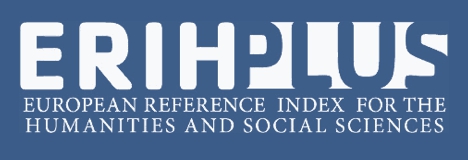Exploring the Impact and Ethical Implications of AI Integration in HRM: Challenges, Opportunities, and the Role of HR Professionals in the Banking Sector of Pakistan
Abstract
This study investigates the impact of Artificial Intelligence (AI) integration on Human Resource Management (HRM) functions within the banking sector of Pakistan, focusing on both operational outcomes and ethical implications. A quantitative research method comprised data gathering from a total of 120 participants who were both HR professionals and AI specialists and banking employees throughout different organizations. Researchers applied SmartPLS-SEM to perform descriptive along with inferential analysis of the data. The results reveal that AI adoption significantly enhances HR functions, particularly in training (β= 0.532, R2 = 0.604), performance evaluation (β= 0.508, R2 = 0.561), and recruitment (β= 0.421, R2 = 0.452). Rankings from Importance-Performance Map Analysis (IPMA) showed AI-driven training as the most effective element (Importance = 0.801; Performance = 82.3) among surveyed managers. The analysis of mediation showed that employee performance depends significantly on training and payroll automation systems. AI governance requires transparency and person-focused principles to address observed ethical problems involving algorithmic biases and data privacy restrictions. People who manage human resources showed unique AI attitudes than professionals who work with AI tools. This study identifies key recommendations that policy makers and bank executives need to apply to develop ethical AI-HRM practices that help operations work better while reducing moral issues.

This work is licensed under a Creative Commons Attribution-NonCommercial 4.0 International License.












.jpg)








